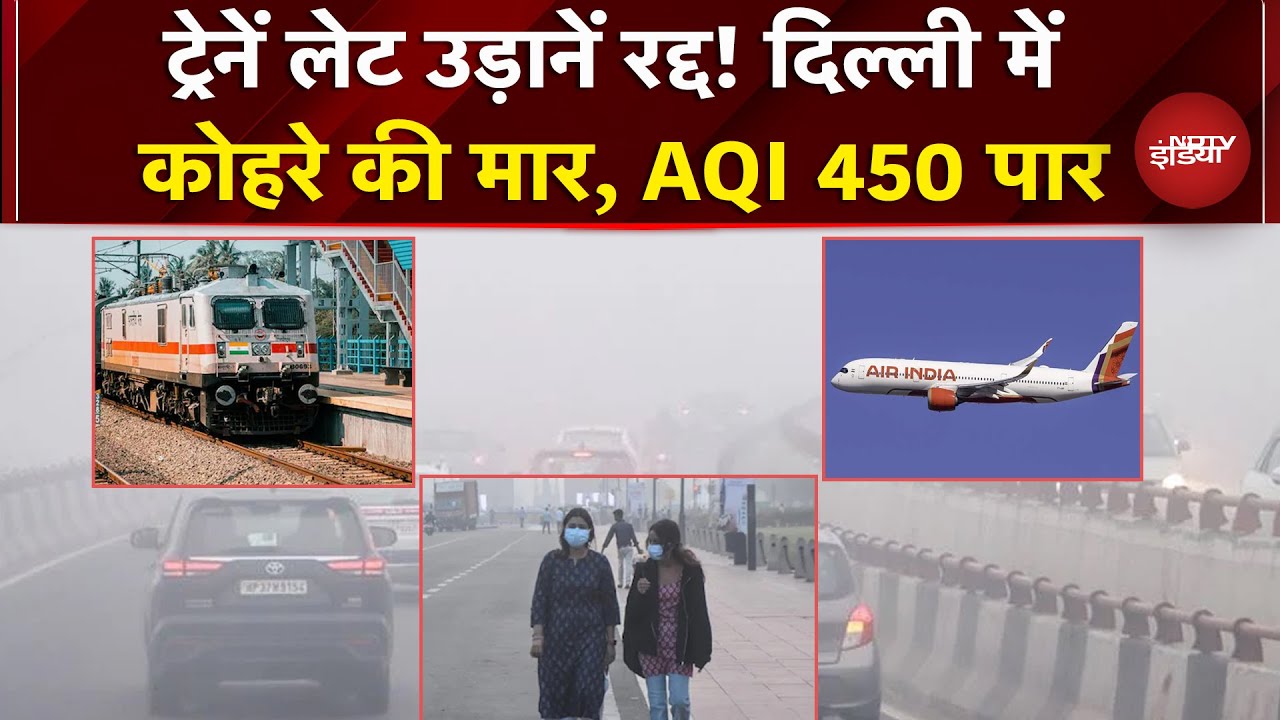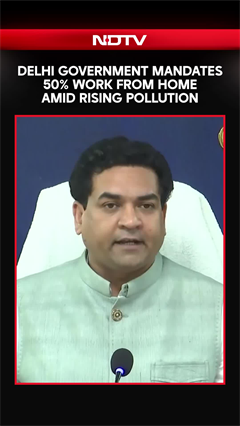- Home/
- Air Pollution: 10 Foods That Can Boost Lung Health
Air Pollution: 10 Foods That Can Boost Lung Health

Air pollution refers to the presence of harmful substances in the air, such as pollutants or toxins, released from various sources such as vehicles, industrial emissions, and burning of fossil fuels. These pollutants can have a detrimental impact on the environment and human health.
Air pollution can affect our lung health. When we breathe in polluted air, particles and chemicals can irritate and damage the respiratory system. It can lead to various respiratory problems, such as asthma, bronchitis, pneumonia, and even lung cancer. Fine particulate matter, ozone, nitrogen dioxide, and sulphur dioxide are some of the common air pollutants known to be harmful to lung health.
While eating healthy food cannot completely protect our lungs against air pollution, it can contribute to better lung health and potentially reduce the risks associated with air pollution. Read on as we share a list of foods you can incorporate in your diet and better lung health and protection against air pollution.
10 Foods to help boost lung health:
1. Leafy green vegetables
Rich in antioxidants and vitamins, such as vitamin C and E, these vegetables can help protect the lungs from oxidative damage caused by pollutants.
2. Berries
The high content of antioxidants in berries, such as strawberries and blueberries, can help reduce inflammation and oxidative stress in the lungs.
3. Garlic
Known for its anti-inflammatory and antimicrobial properties, garlic can support lung health by reducing the risk of infections and inflammation.
4. Turmeric
With its active compound curcumin, turmeric possesses anti-inflammatory properties that can help protect the lungs from pollutants.
5. Ginger
Ginger contains gingerol, a compound that has anti-inflammatory effects and may help reduce airway inflammation caused by pollution.
6. Green tea
Teeming with antioxidants, green tea can reduce inflammation and improve lung function due to its polyphenol content.
7. Oranges
Citrus fruits like oranges are excellent sources of vitamin C, which can boost the immune system and protect against respiratory infections.
8. Nuts
Nuts, including almonds and walnuts, are rich in omega-3 fatty acids that have anti-inflammatory properties and may reduce the risk of respiratory conditions.
9. Fatty fish
Fish such as salmon and mackerel are high in omega-3 fatty acids, which can provide protection against lung inflammation caused by air pollution.
10. Apples
Apples contain flavonoids and antioxidants that promote lung health and reduce the risk of respiratory diseases.
Certain nutrients like vitamin C, vitamin E, omega-3 fatty acids, and antioxidants found in fruits, vegetables, nuts, and seeds play a role in reducing inflammation, boosting immunity, and protecting against oxidative stress caused by air pollutants. However, it is essential to note that while a healthy diet can support lung health, it cannot fully counteract the detrimental effects of air pollution.
To mitigate the impact of air pollution on lung health, it is crucial to advocate for reductions in pollution levels and support clean air initiatives. Using air purifiers, avoiding outdoor physical activities during high pollution days, and wearing appropriate protective masks are some additional measures to consider in highly polluted areas.
Disclaimer: This content including advice provides generic information only. It is in no way a substitute for a qualified medical opinion. Always consult a specialist or your own doctor for more information. NDTV does not claim responsibility for this information.
also read
Thick Smog Blankets Delhi, Flight, Train Ops Hit, Air Quality Likely To Worsen
Edited by Aastha AhujaDelhi Government To Install Air Purifiers In 10,000 Classrooms As Pollution Soars
Reported by Ishika Verma, Edited by Amit ChaturvediBattle For Breath: Mumbai's Elite Enclave Turns Pollution Hotspot
Reported by Jitendra Dixit, Edited by Srishti Kapoor
Latest Stories
- Edited by Aastha Ahuja | Saturday December 20, 2025 , New Delhi
The national capital, Delhi, woke up to a thick layer of smog blanketing the city with the Air Quality Index (AQI) at 380, falling under the 'very poor' category.
- Reported by Ishika Verma, Edited by Amit Chaturvedi | Friday December 19, 2025
The government plans a phased rollout, funded through the environment cess, though exact installation timelines have not been announced.
- Reported by Jitendra Dixit, Edited by Srishti Kapoor | Friday December 19, 2025
Air quality in and around Bhakti Park and Wadala Truck Terminal (TT) has plummeted in recent weeks, with AQI levels soaring beyond 300 - classified as "severe".
- Edited by Astitva Raj | Friday December 19, 2025
His post quickly became popular among people who have experienced similar health and safety concerns while living in Delhi.
- Press Trust of India | Friday December 19, 2025 , New Delhi
Commuter awareness rises after Delhi's BS-VI and No PUC, No Fuel enforcement; fuel sales dip in border areas, PUC queues remain steady, says DPDA president.
................................ Advertisement ................................
Latest Videos
Opinion
Blog | Well Done, Delhi. You've Turned Lung Sacrifice Into A Badge Of HonourSaikat Kumar Bose
Monday November 10, 2025Till some years back, Delhiites would ask angry questions to those in power about the capitals annual tryst with toxic air. This has changed. Those in the driving seat dont see the need to answer now.
Opinion | Why Indians Have Just Given Up On Air Pollution CrisisTanushree Ganguly
Friday December 20, 2024While some may argue that people in Delhi are now more aware of air pollution than they were a decade back, my rebuttal would be that awareness does not mean that people are concerned.
Opinion | You Must Outrage Over Filthy Air More Than Once A YearJyoti Pande Lavakare
Tuesday December 10, 2024Delhi welcomed us with monsoon rains and mangos. We were home. Fast forward a couple of years, in the winter of 2012, I found myself in denial about something other parents, mostly expats, were calling toxic air.
Opinion | Delhi's Air Pollution Situation Is Like A Bad MarriageNishtha Gautam
Friday November 22, 2024On a good day, such as today, the AQI reading in Delhi is 407. We are jubilant at the sickly sunshine trickling through the slightly dissipated smog. At least its not 1600.
दिवाली... पराली... सियासी जुगाली!Ashwini kumar
Monday November 18, 2024दिल्ली-एनसीआर में प्रदूषण का समाधान तो आज तक मिला नहीं. हर साल चिंतित होकर हम-आप सांसों की तकलीफ के साथ-साथ दिल और ब्लड प्रेशर के मरीज भी क्यों बनें?


















